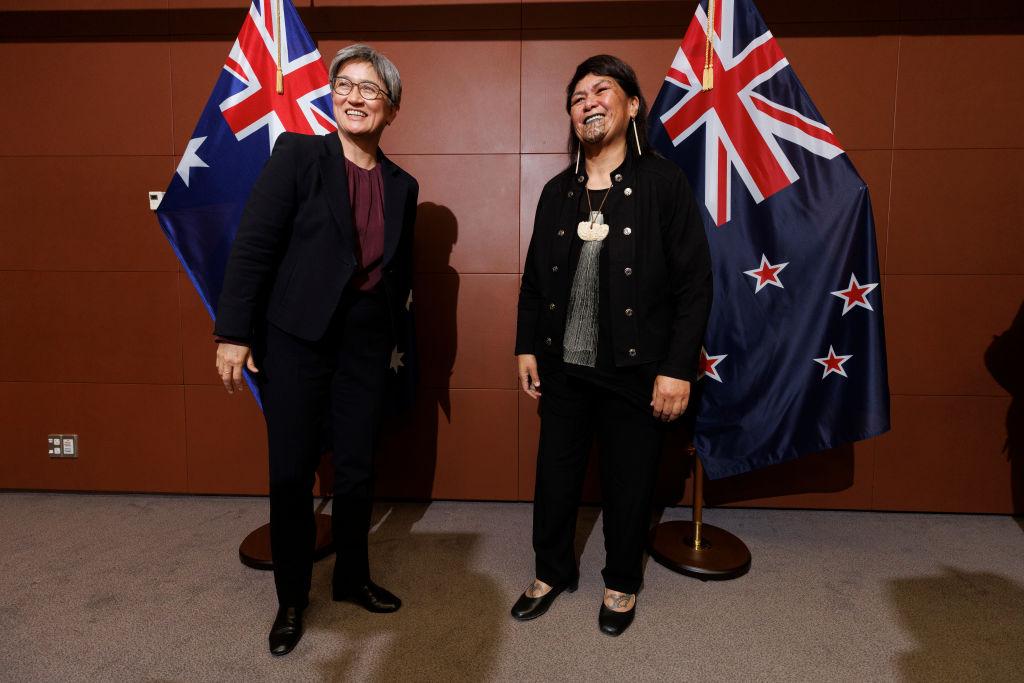The foreign ministers of New Zealand and Australia have refused to respond to questions over Taiwan’s application to the Comprehensive and Progressive Agreement for Trans-Pacific Partnership (CPTPP).
Speaking at a joint press conference in Canberra, Australian Foreign Minister Penny Wong and NZ Foreign Minister Nanaia Mahuta both refused to answer questions about Taiwan’s upcoming application, instead saying that they welcome applications to the Trans-Pacific Partnership.




